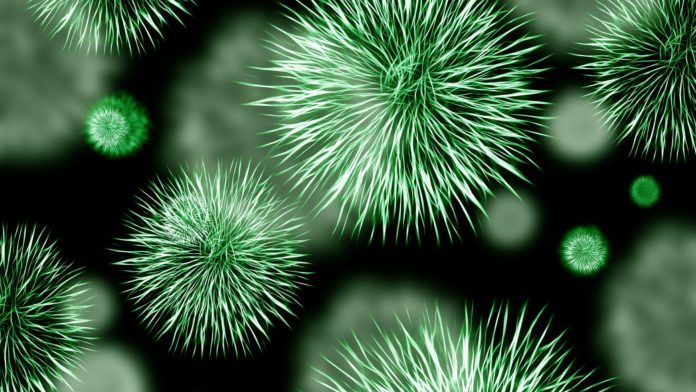You are not the only one traveling the world. So are bugs
Spurred on by climate change, international travel and international trade, disease-bearing insects are spreading to ever-wider parts of the world.
This means that more humans are exposed to viral infections such as Dengue, Chikungunya, Zika, West Nile fever, Yellow fever and Tick-borne encephalitis.
For many of these diseases, there are as yet no specific antiviral agents or vaccines.
Global warming has allowed mosquitoes, ticks and other disease-bearing insects to proliferate, adapt to different seasons, migrate and spread to new niche areas that have become warmer.
These are the findings of a report that aims to raise awareness about the threat posed by the spread of arboviruses (arthropod-borne viruses).
Their alarming spread poses a problem for public health. They are difficult to eradicate – their larvae can survive for months, even in suboptimal humidity and temperature conditions
The growing spread of arboviruses
Aedes mosquitoes spread several arboviruses, including Dengue, Chikungunya, Zika, West Nile and Yellow fever viruses. These mosquitoes thrive in urban settings due to the lack of natural predators and the ready availability of food and habitats in which to procreate.
They have existed in Africa and Asia for many years and are now becoming more and more widespread. They have recently become established in some European countries and the Americas, largely as a result of international travel and trade.
Their alarming spread poses a problem for public health. They are difficult to eradicate – their larvae can survive for months, even in suboptimal humidity and temperature conditions. The tick-borne encephalitis virus (TBEV) has been found in several European countries, including Austria, the Czech Republic, Germany, Lithuania, Poland, Slovakia, Sweden and, more recently, the Netherlands.
One of the more recently reported vectors for the virus, the Dermacentor reticulatus tick species, is rapidly spreading through Europe. It has a high reproduction rate, is cold resistant and can live underwater for months.
Humans can be infected by a tick bite or through consuming unpasteurised dairy products that do not meet safety standards and have come from infected animals. Luckily, TBEV can be vaccinated against.
Zika virus
Zika virus has received a lot of media attention due to its association with neurological disorders such as Guillain-Barré Syndrome (GBS) and the development of microcephaly (abnormally small head) in foetuses. In India some cases were found in Ahmedabad last week and there was a controversy over alleged attempts of the government to keep it under wraps.
It is difficult to diagnose and there is no cure or vaccine. First identified in 1947 in the Zika forest of Uganda, its spread is a serious concern given the growing presence of its main vector, the mosquito Aedes albopictus, in temperate zones including Europe and America.
The first documented outbreak of ZIKV infection was reported in 2007 in Micronesia. Since then it spread to French Polynesia and Brazil, where it infected up to 1.3 million people in 2015.
More than 70 territories worldwide have confirmed autochthonous (indigenous) cases of ZIKV. By March 2017, 2 130 Europeans were reported to have travel-associated ZIKV infections.
Mosquito control strategies
The report describes and discusses several methods that have been used to control the spread of mosquitoes, including insecticides, mosquito traps, genetic modification, land reclamation and habitat surveillance.
Currently, the safest and most readily available and effective methods of controlling mosquitoes are mosquito traps (for relatively small areas) and nets, and the reduction of potential breeding sites (standing water).
While the research team behind the study advocate better control of mosquito populations, they also warn that it would be unwise to remove mosquitoes completely from the ecosystem.
They are part of the food web for some species, and pollinate many plants. Wiping them out completely could have negative effects on nature, and consequently on humans.


